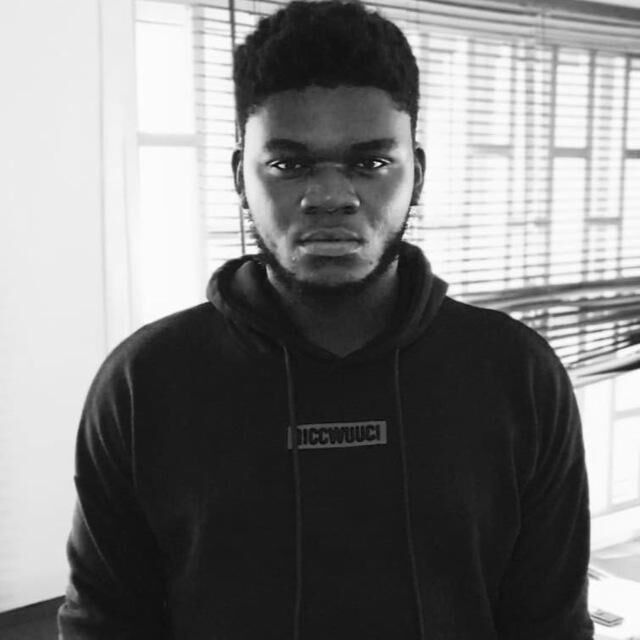The Journey of Wallet.ng: A New Chapter in Nigerian Fintech
I first encountered John Oke, founder and CEO of Wallet.ng, at an Omidyar-organized “Market Makers” event in Lagos. The gathering was buzzing with influential fintech personalities, including Paga CEO Tayo Oviosu, Flutterwave CEO Iyinoluwa Aboyeji, MEST Lagos GM Neku Atawodi-Edun, Microtraction Founder Yele Bademosi, and Lidya Co-founder Tunde Kehinde.
Yele Bademosi introduced me to John, emphasizing that Wallet.ng was a startup to watch. My previous interaction with Wallet.ng was limited to paying an online vendor for a T-shirt in 2016, the year Wallet launched. Out of professional curiosity, I downloaded the app but stopped using it for reasons I can’t recall. Despite this, I still receive emails from "Sandra" and "Josh" that I seldom open.
Reconnecting with Wallet.ng
About a month ago, Fuad facilitated an unrelated introduction between John and me, reigniting my interest in Wallet.ng. This digital wallet/payments platform allows users to make payments, transfer funds, pay bills, and withdraw from ATMs using their phone number. The Wallet.ng app is available on both Android and iOS.
The Genesis
John shared the origin story of Wallet.ng, explaining that the name was inspired by the multiple wallet-type solutions he had developed for previous employers like Wema Bank and Surebids. “The name came out of the number of times I had to create a wallet solution for my previous employers, most products we had had a wallet then and luckily the domain name was available,” he said.
Initially, John started the company with two friends, who later exited due to skill and commitment gaps. Joey Benson-Aruna, now COO and co-founder, joined later, bringing experience from Jobberman, VConnect, Interswitch, and McKinsey Digital Labs.
The Vision
John was motivated to start Wallet.ng to address the limitations of traditional banking. “Money plays a huge part in our daily lives. We trust banks to help us keep our money secure until we are ready to spend it. Banks have done a good job of providing this basic requirement but have not innovated significantly beyond this,” he explained. Wallet.ng aims to fill this gap by offering services like access to credit, forex, investments, and budgeting, built on top of existing banking applications.
Solving the Problem
Wallet.ng offers a superior experience and access to global services that traditional banks in Nigeria often fail to provide. Nigerian millennials are increasingly connected to the global economy and need seamless payment options for services like Apple Music, Coursera, and international shopping. Co-founder Joseph Benson-Aruna noted, “Digital banking services are not new in Nigeria, but the experience is broken. Banks charge high and unnecessary fees making bank accounts quite expensive to maintain for most customers.”
Wallet.ng seeks to enhance the quality of life for its users by providing efficient and cost-effective payment solutions that connect them globally.
Progress and Achievements
Targeting students, entrepreneurs, young professionals, and expats, Wallet.ng has garnered 5,000 users, processing ₦234 million across 17,000 transactions last month alone. The startup has been experiencing an impressive 78% month-on-month growth in transaction volume and value since January 2018.
Wallet.ng generates revenue through commissions and transaction fees. While the exact amount of funding raised remains undisclosed, Microtraction’s investment announcement by Yele Bademosi this morning highlights the startup’s potential.
The Future
In the short term, John envisions Wallet.ng “rethinking personal banking in Nigeria.” Yele Bademosi supports this vision, stating, “We knew there was an opportunity to build a product that will replace what we traditionally use our banking apps and cards for.” For the long term, Wallet.ng aims to “facilitate cross-border payments using decentralized systems,” hinting at potential blockchain integration.
The future looks promising for Wallet.ng as it continues to innovate and expand, aiming to revolutionize personal banking in Nigeria and beyond.








Post a Comment